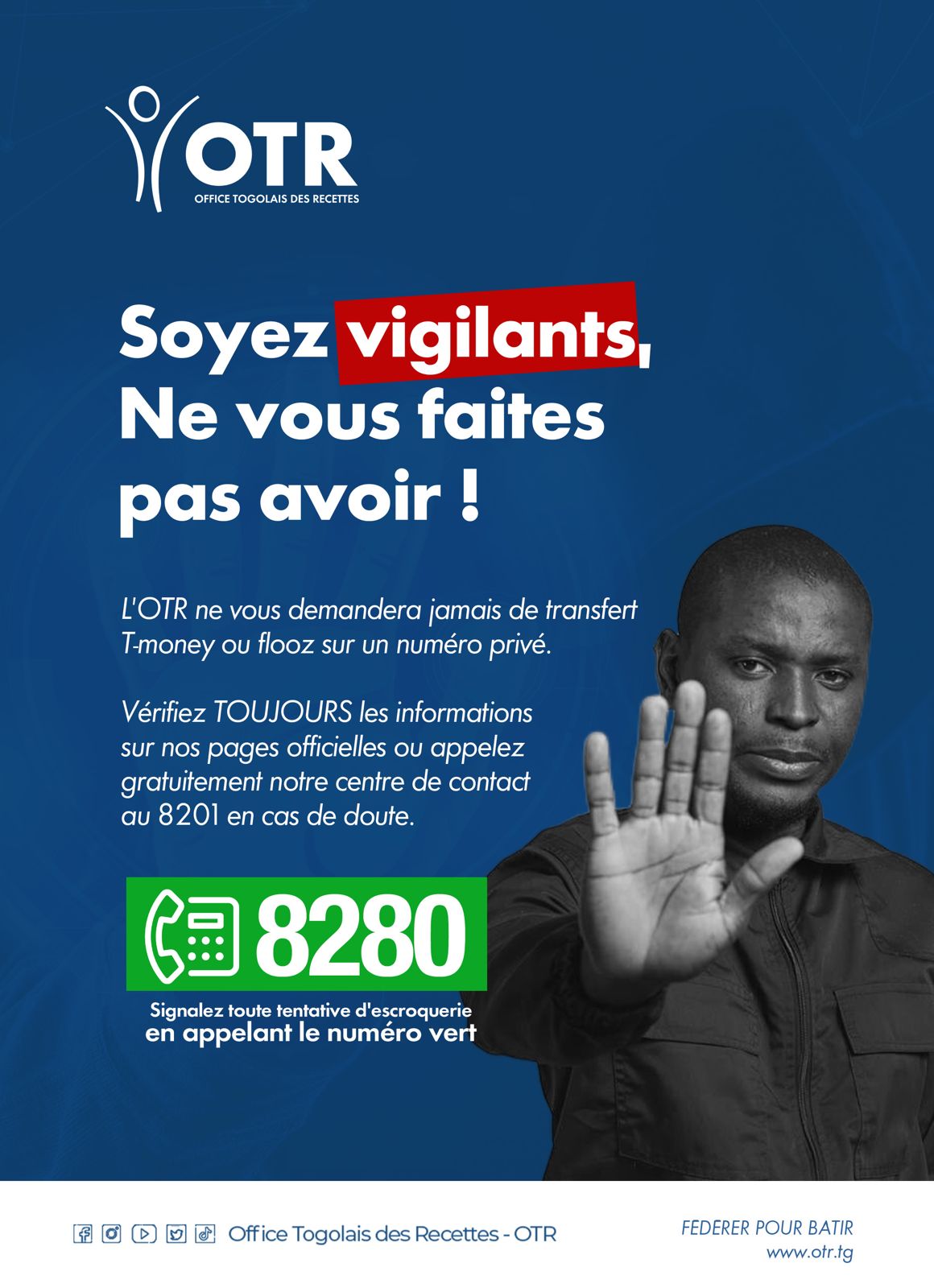On February 8 in Tsévié, in the midst of revising the electoral rolls for the 2025 elections, a serious incident occurred that was unworthy of a state governed by the rule of law. Albert Agbéko, veteran journalist and publication director of Togoscoopwas violently stopped by police officers while he was simply doing his job. In possession of his press card, which he duly presented to the local authorities, he did not escape intimidation or humiliation: forced to delete his images under threat, in the face of a police deployment as aggressive as it was unjustified.
This unspeakable act, in total contradiction with democratic principles and Togo's commitments to respect fundamental freedoms, casts a disturbing shadow over the forthcoming municipal elections. The revision of the electoral rolls, which began on April 7 in the maritime region and the Haho prefecture, should take place in a climate of transparency and trust. But how can this transparency be guaranteed if journalists are forcibly silenced?
An attack on the 4th estate
In any true democracy, the press is the fourth estate. It is an essential pillar of republican life, a counterweight to abuses and a critical mirror of society. To undermine a journalist is to undermine the public's right to information, to weaken democracy and to trample on the truth.
Brutalizing a journalist in the middle of a report cannot, and must not, be trivialized. This is not a news item, but a wake-up call. The act committed against Albert Agbéko goes beyond a simple altercation: it symbolizes an authoritarian drift that worries and outrages. How long will the men and women of the press have to work under threat, with fear in their stomachs, in a country that claims to be one of peace?
Togo deserves better
Togo cannot aspire to peace without guaranteeing freedom of information. True peace can only take root in respect for human rights, transparency of institutions and recognition of the fundamental role of journalists. Suppressing the voices of the media means building democracy on sand.
It's time for the Togolese authorities to send out a clear message: one of respect, protection and dignity for information professionals. It is urgent to remember that in a peaceful country, the press is not silenced: it is listened to, respected and protected.
Togo, to honor its image and its democratic future, must unequivocally condemn such actions. And society as a whole must stand up for its journalists. For it was not just one man who was silenced on February 8 in Tsévié: it was the right of an entire people to know.
Respect the press, oh my.
The defender







